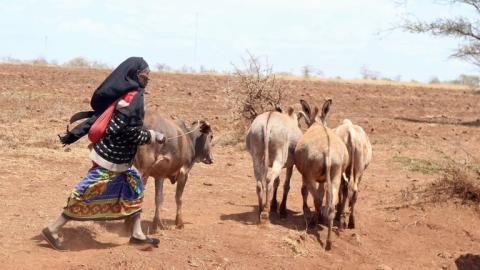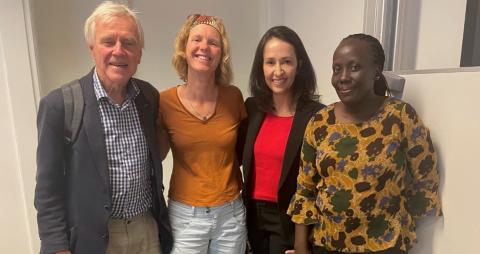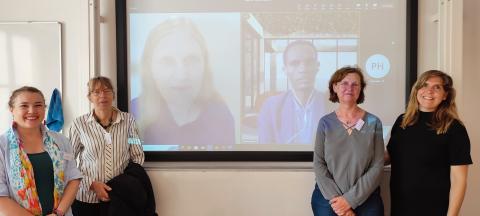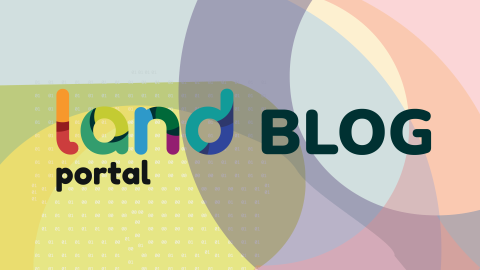Discover hidden stories and unheard voices on land governance issues from around the world. This is where the Land Portal community shares activities, experiences, challenges and successes.
 Follow our
Follow our
Sustainable Development Goals
Blog Series!
Interested in land corruption?
Follow our Land & Corruption Blog Series
for in-depth perspectives from the experts.
Issues
Geographical focus
Photo: Kandukuru Nagarjun, via Flickr, CC BY 2.0
The recent series of ALIGN articles shed light on how civil society, impacted communities and rights defenders across the world have used strategies such as legal action, publishing of mining contracts and stakeholder dialogues to change approaches to land-based investment governance.
By Rosa Olokweni, Gender and Land Champion, WOLTS Project Tanzania
Before HakiMadini and WOLTS came to Mundarara, it was as though women in our village were sleeping. None of us was aware of our rights to land, many of us were mistreated by our husbands and we never spoke in meetings.
Jamii nyingi za vijijini nchini Tanzania zina changamoto zinazofanana kutokana na makampuni ya uchimbaji madini na wawekezaji. Nimejionea jinsi wanaume na wanawake ambao ni wasaidizi wa jinsia na ardhi wanavyoweza kusaidia.
This session brought together insights on land governance and climate resilience, with a specific gender focus. Women suffer from lack of access to, decision making over, and use of land. At the same time, climate change disproportionally affects women. Research indicates that ‘gender just land governance’ forms the key to use land in a sustainable, climate-proof way. There are many entry points to make land governance just and inclusive of women.
This panel session reflected on the definition of ‘scaling-up’ with experts from the field bridging experiences from the ground to the theoretical concept of scaling. The focus lied on scaling for increased tenure security – geographically and/or institutionally. Reflections were given on what was scaled, why, how scaling unfolds and what has been learned – in the field of land governance. The session was organized by LAND-at-scale. Scaling is at the heart of both the name as well as the strategy of the LAND-at-scale program (LAS).
Many rural communities in Tanzania share similar challenges from mining companies and investors. I have seen first-hand how men and women gender and land champions can help.
This blog post is part of the series What to Read.
After the “land rush” in 2007/08, researchers and civil society investigated the speed and scale of this phenomenon or highlighted single case studies. 15 years on, communities who lost their homes in the land rush continue to fight for their rights and get support from civil society, international organizations, and the media.
Tanzania’s youth population (defined as women and men between the ages of 15 and 35) constitutes about 35% of the country’s population. In Tanzania, youth engagement in agriculture is considered vital, given that youth form the largest part of the population and labour force in the country.
Lucas Yamat and Pablo Manzano
The future of Ngorongoro has been the subject of hot debate among various stakeholders following a proposal by the government of Tanzania to relocate pastoralists from the district in order to conserve this important World Heritage site.
The proposal is based on claims that wildlife in the reserve faces extinction due to a sharp increase in human and livestock populations. Discussions about the proposal have caused concern among the residents of Ngorongoro who fear that they face eviction.
Over the last 20 years in Tanzania, conflict has escalated between communities and foreign investors over land rights and land-based investments. Here, Masalu Luhula discusses how the use of simplified legal guides is helping to empower communities to engage in dialogue and negotiations with government authorities and investors – and to promote socially responsible land-based investment.
This is our former Country Insights digest, now re-branded What to Read to make justice to its content.








